There’s nothing quite like the feeling of hitting the open road, travel trailer behind you, ready for whatever adventures await. For many, this is the very definition of freedom. Of course, having a travel trailer means keeping up with maintenance and safety. Unfortunately, one of the safety features that often get overlooked is tire pressure.
Tire pressure is measured in PSI, or pounds per square inch, and shows you how much air is in your tire. As one commercial pointed out many years ago, of all the features of your vehicle, the tire is the only thing to actually touch the road. Because of this, it’s vital you keep your tires properly maintained. When your tire pressure is too low or too high, you can run into problems including poorer fuel efficiency, and even run the risk of permanently damaging your tires, which puts your whole family at risk.
Finding the Correct Tire Pressure for Your Travel Trailer
You might think it’s easy to know exactly what pressure your tires need to be set to, but it isn’t always. Of course, the easiest way to do this is to consult the trailer itself. On the front left corner of most trailers you’ll find a Federal Certification Tag that displays various specs, including tire pressure. However, this tag displays the ideal tire pressure for your trailer when it’s empty. When you add weight in the form of people and supplies, that number can change.
In addition, your tires will have a max tire pressure listed somewhere on the side wall. Many people make the mistake of thinking that this is what the pressure should be set to. But remember, this is the maximum pressure for a fully loaded travel trailer, not the recommended pressure.
What Is the Correct Travel Trailer Tire Pressure?
So, if you think about it, by checking these two numbers, you have a range to shoot for. The number on the Federal Tag can be considered the minimum pressure, while the number on the side of the tire is maximum. What pressure you end up filling your tires to should be somewhere in the middle of those two extremes.
Are you running your trailer completely empty? Then that minimum number is your nest net. However, if your planning on towing it fully loaded, and you’ll be using the trailer with several people, then you might want to fill your tires closer to the max. In most cases, this number is usually somewhere between 40 and 65 psi.
Of course, you’re not necessarily going to want to change your tire pressure each and every time you take it out for a spin, so the best bet is to find a happy medium based on how you think your trailer is going to be filled on most occasions.
What Happens If Your RV Tire Pressure Is Too High Or Too Low?
You might be wondering why this is so important, but there are several reasons why it’s important to have the right tire pressure.
If your tire pressure is too low, it can cause serious problems. The first, and most noticeable, is a low enough tire pressure will make it harder to drive. Your vehicle will be less responsive. In addition, you will notice an immediate difference in your gas mileage, which will cost money in the long run. This extra strain on your tire can lead to tire damage much earlier than expected, costing money and putting your family in danger.
Strangely enough, a tire that’s inflated too much can have some of these same problems, wearing out quicker than it should. Over-inflated tires can blowout at any time, causing potential problems on the road.
RV Trailer Tire Pressure Tips
When filling your tires, remember these tips: First, never rely on someone else to tell you the right pressure. Consult the Federal Tag, the side wall and the owner’s manual to help you determine the right pressure.
Because tire pressure is so important, buy a really good tire pressure monitoring system to help keep an eye on your tire pressure at all times.
If you’re not sure about the tires, check them. A couple extra minutes now can save you hours of grief later one. If it’s too high or low, don’t pull the trailer until you’ve fixed the issue.
Conclusion
As you can see, tire pressure is very important when it comes to the life of your tires and the safety of your family. Thankfully, it’s not hard to get it right, as long as you follow these tips.



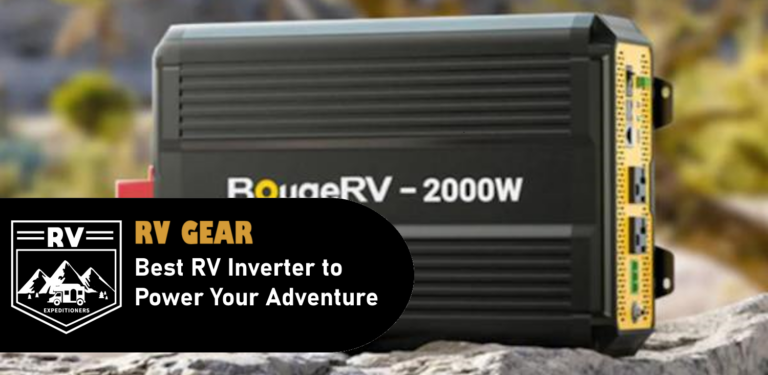
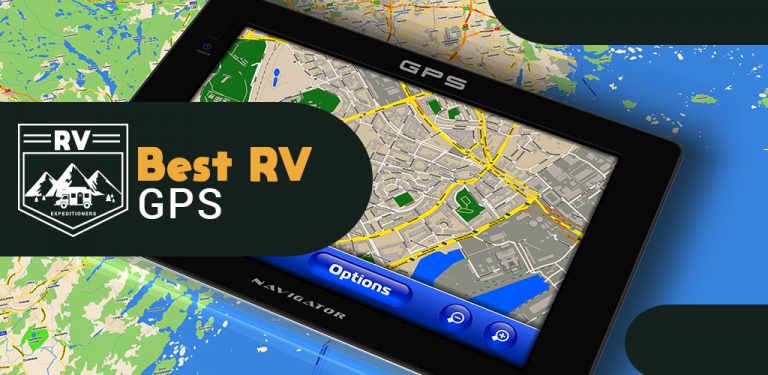
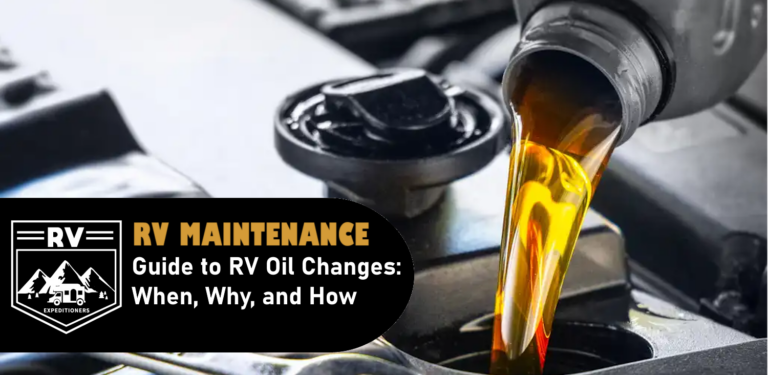

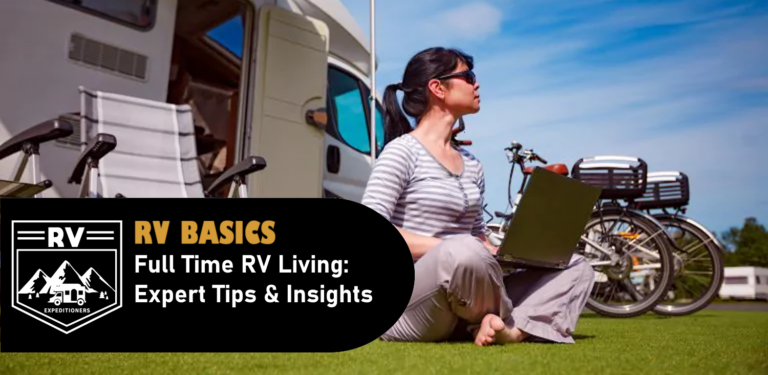

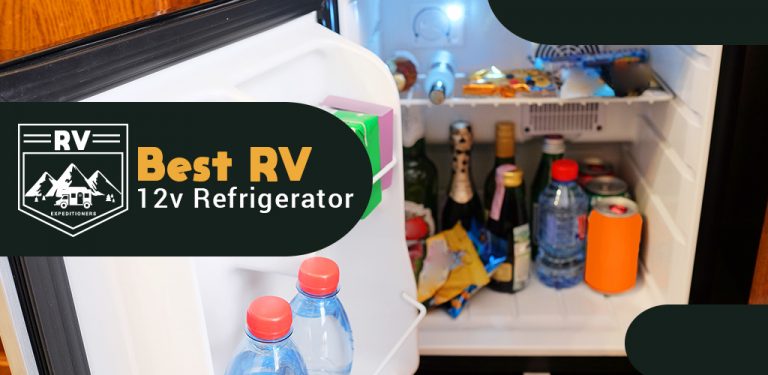

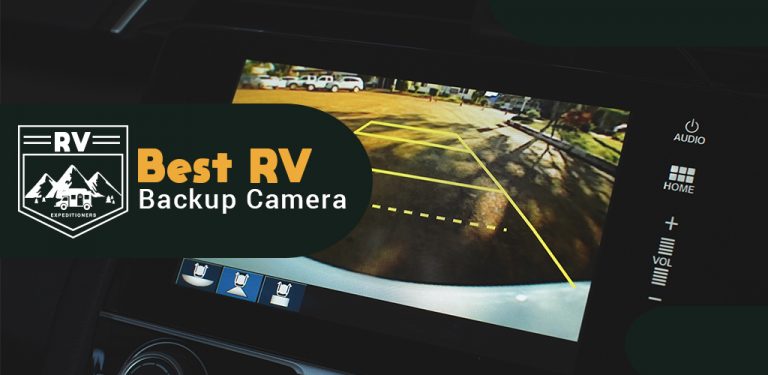
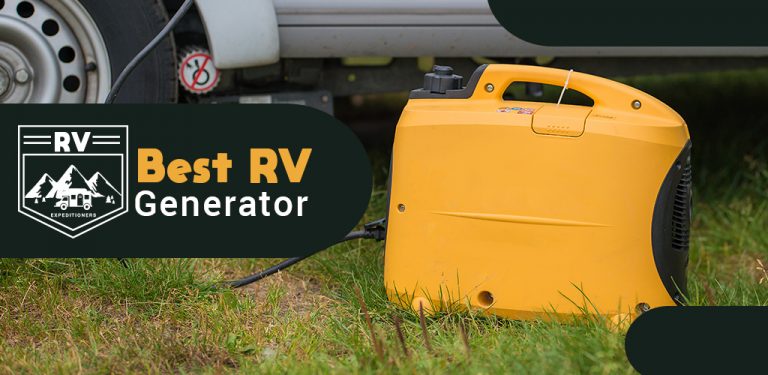
0 Comments